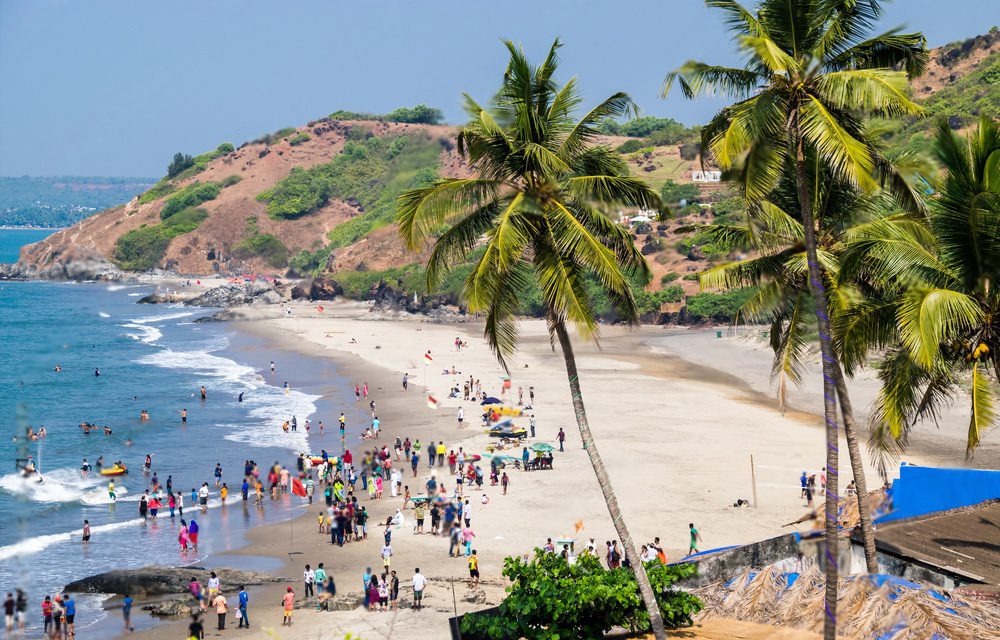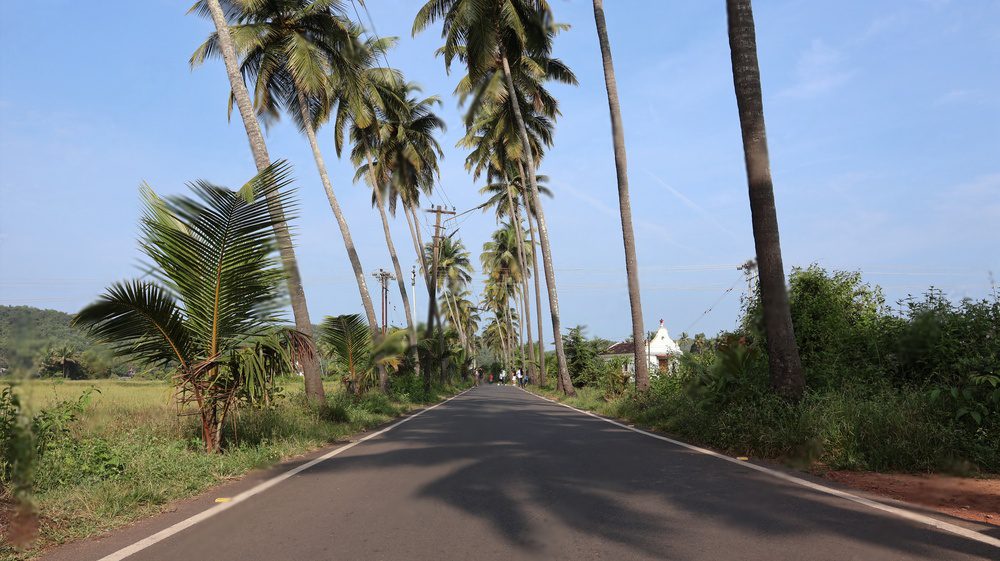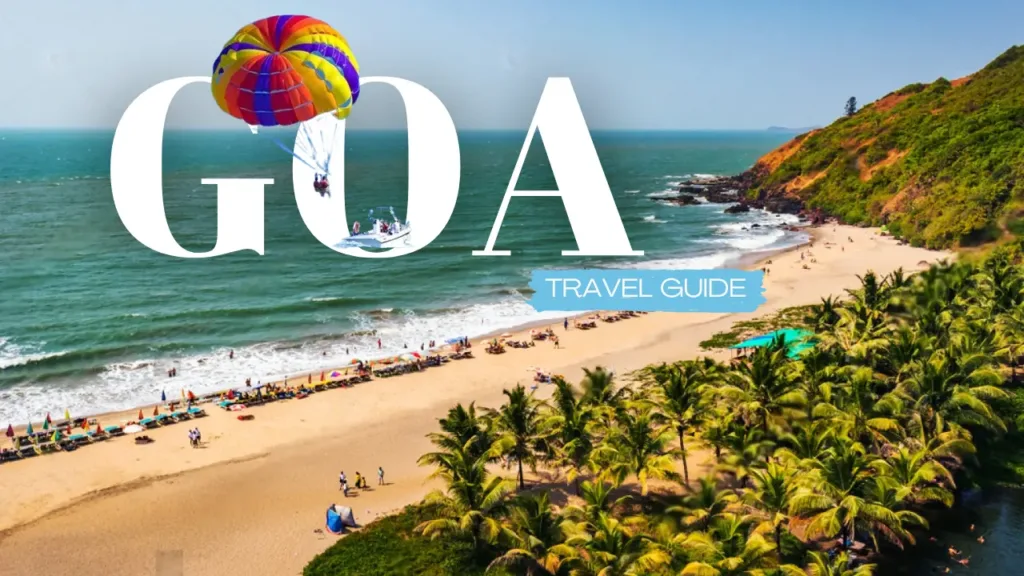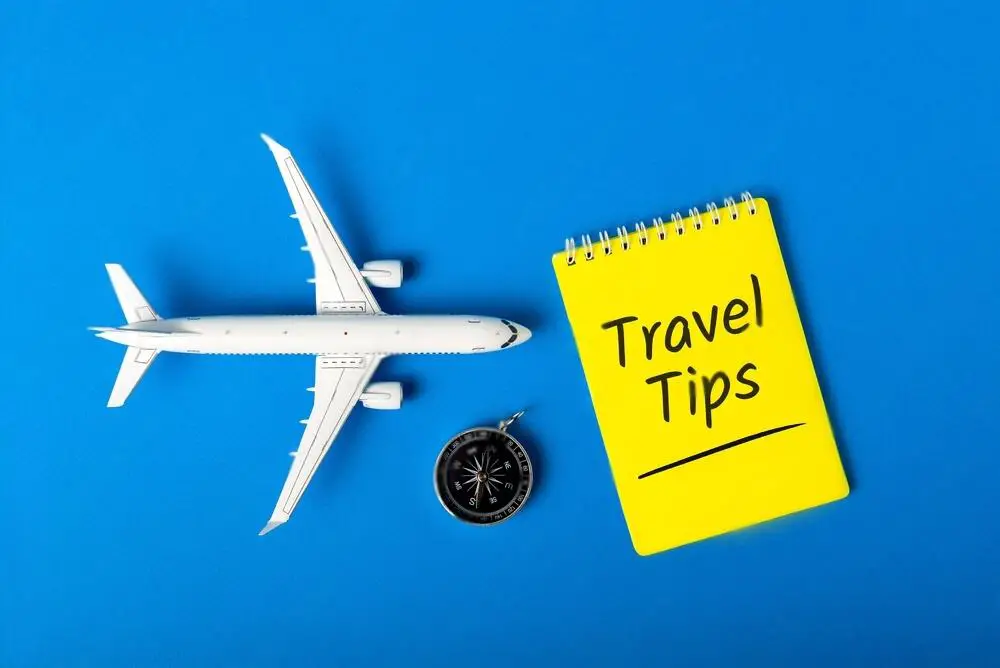Thailand Travel Advisory, the “Land of Smiles,” is a top pick for travelers who want to experience a mix of rich culture, breathtaking scenery, and exciting cities. While Thailand is generally a safe and welcoming place for tourists, it’s important to understand the latest travel advice and guidelines to ensure a smooth and enjoyable trip. This guide will cover everything from entry requirements to safety tips and local customs, so you’re well-prepared for your Thai adventure.
1. Entry Requirements and Visa Information
Before heading to Thailand, make sure you have the right documents and meet the entry requirements.
- Visa-Free Entry: Many nationalities, including those from the US, UK, and many European countries, can visit Thailand for up to 30 days without a visa. Check if your country is on this list.
- Tourist Visa: If you plan to stay longer, you’ll need to apply for a tourist visa in advance. This usually allows you to stay for up to 60 days.
- Passport Validity: Your passport must be valid for at least six months from the date you enter Thailand.
- Proof of Funds: You might be asked to show you have enough money to support yourself during your trip.
For the most up-to-date information, always check with the Thai embassy or consulate in your home country.
2. COVID-19 Guidelines and Health Advisories
Thailand has relaxed most COVID-19 restrictions, but it’s still a good idea to be aware of the latest health requirements:
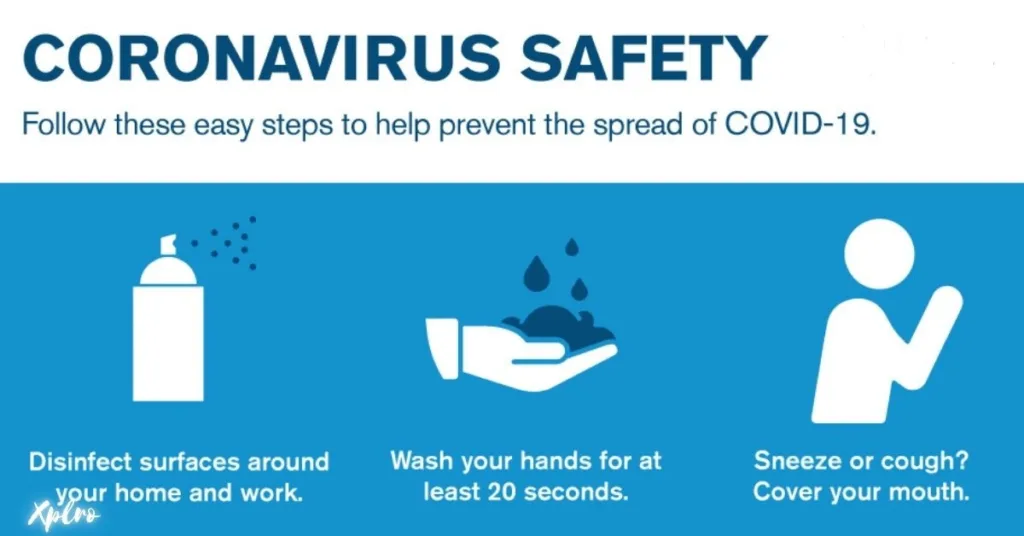

- Vaccination: While not mandatory, vaccination is recommended.
- Travel Insurance: Consider getting travel insurance that covers medical expenses, including COVID-19 treatment.
- Health Precautions: Masks are generally not required, but it’s a good idea to wear one in crowded areas and on public transport.
- Stay Updated: Check the official government websites for the most up-to-date travel health advisories.
3. Safety Tips for Travelers
Thailand is generally a safe destination, but like any country, it’s wise to take some precautions:
- Be Wary of Scams: Be mindful of common scams like overpriced tuk-tuk rides, fake gemstones, and tour packages that don’t live up to their promises. Book services through reputable agencies whenever possible.
- Keep Your Valuables Safe: Petty theft can happen, especially in crowded areas. Use anti-theft bags and avoid carrying large amounts of cash.
- Road Safety First: Traffic in Thailand can be quite busy. If you’re renting a motorbike, make sure you have a valid international driver’s license and always wear a helmet.
- Respect the Law: Drug offenses are strictly enforced in Thailand with severe penalties. Also, avoid engaging in illegal gambling.
By being mindful and taking these precautions, you can help ensure a safe and enjoyable trip to Thailand.
4. Understanding Local Laws and Customs
Absolutely! Respecting Thai culture and laws is key to a positive travel experience. Here’s a slightly more casual and engaging version:
- Dress Respectfully at Temples: When visiting temples, dress modestly. Cover your shoulders and knees. Remember to remove your shoes before entering.
- Show Respect for the Monarchy: The Thai people hold the royal family in high regard. Avoid any disrespectful comments or actions.
- Keep it Clean: Thailand has strict anti-littering laws, so please dispose of your trash properly.
- Be Mindful of Cultural Etiquette: Avoid touching people’s heads or pointing your feet at people or religious objects, as these actions are considered disrespectful.
5. Money and Payment Tips
Managing your finances is key to a smooth trip:
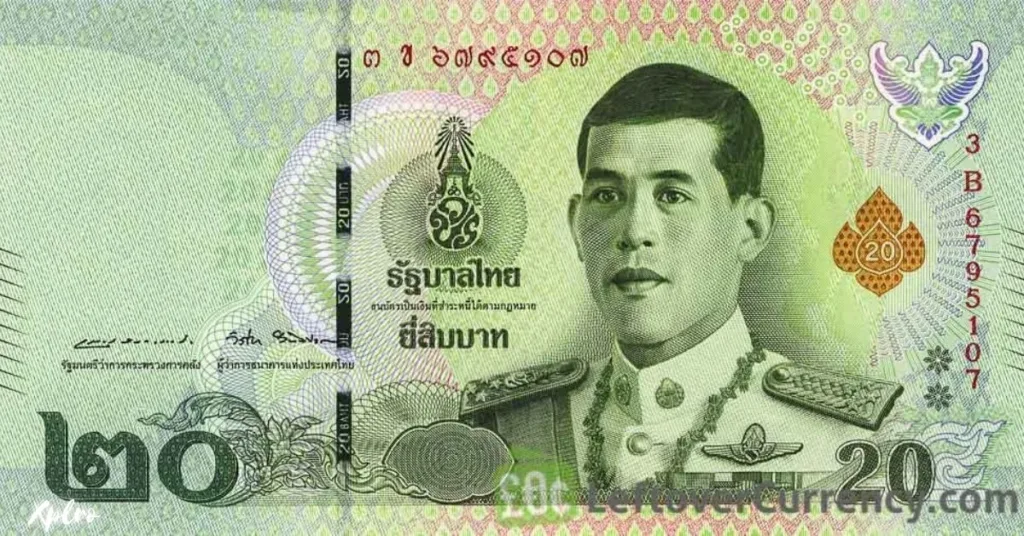

- Currency: The Thai Baht (THB) is the local currency. Keep some smaller bills handy for street vendors and local markets.
- Cash and Cards: ATMs are widely available, but be aware of withdrawal fees for foreign cards. Credit cards are widely accepted in cities, but cash is often preferred in smaller towns and villages.
- Bargaining: Haggling is common in many markets, but not in stores or malls. Be polite and respectful when bargaining.
By managing your finances effectively, you can make the most of your trip without any unnecessary stress.
6. Transportation in Thailand
Getting around Thailand is a breeze with its diverse transportation options:
- City Slicker: In Bangkok, the BTS Skytrain and MRT subway are efficient and convenient. Tuk-tuks and motorbike taxis are fun for short trips, but always negotiate the fare beforehand.
- Long-Distance Travel: Trains and buses are great options for exploring different regions. Sleeper trains are a popular choice for overnight journeys.
- Island Hopping: Ferries and speedboats are the main way to reach the beautiful islands like Koh Samui and Phuket.
7. Health and Safety Precautions
Taking a few simple precautions can make a big difference in your travel experience:
- Stay Hydrated: The tropical climate can be dehydrating. Carry a reusable water bottle and drink plenty of fluids throughout the day.
- Food Safety: While Thai street food is delicious, it’s always best to choose freshly cooked and hot food. Avoid raw or undercooked dishes.
- Protect Yourself from Mosquitoes: Use insect repellent to protect yourself against mosquito-borne diseases like dengue fever.
- Know the Emergency Numbers: Save these numbers to your phone:
- Tourist Police: 1155
- Medical Emergencies: 1669
8. Popular Destinations and Activities
Thailand offers something for everyone!


- Bangkok: Explore the magnificent Grand Palace and Wat Pho, and lose yourself in the vibrant atmosphere of the Chatuchak Weekend Market.
- Chiang Mai: Immerse yourself in the Old City’s temples and enjoy a scenic day trip to Doi Inthanon National Park.
- Phuket & Krabi: Relax on pristine beaches, go snorkeling in crystal-clear waters, or try rock climbing at the dramatic Railay Beach.
- Ayutthaya: Journey back in time and explore the ancient ruins of this UNESCO World Heritage Site.
These are just a few of the many incredible experiences that await you in Thailand.
9. Travel Insurance Recommendations
Travel insurance is a must-have for any trip to Thailand.
- Essential Coverage: Look for policies that cover medical emergencies, trip cancellations, and lost or stolen luggage.
- Adventure Activities: If you plan on engaging in activities like scuba diving or zip-lining, make sure your insurance covers these.
- Choose Reputable Providers: Companies like World Nomads and SafetyWing offer comprehensive travel insurance plans specifically designed for international travelers.
By purchasing travel insurance, you can travel with greater peace of mind, knowing you’re protected in case of unforeseen events.
10. Final Travel Tips for Thailand
To truly make the most of your trip:
- Learn a Few Basic Phrases: Learning a few basic Thai phrases like “Sawasdee” (hello) and “Khop Khun” (thank you) can go a long way in connecting with the locals.
- Respect Local Customs: Show respect for Thai culture and traditions.
- Embrace the Unexpected: Plan your itinerary, but leave room for spontaneity. Thailand often surprises travelers with unexpected delights, so be open to new experiences.
Enjoy your journey through the Land of Smiles!
Conclusion – Thailand Travel Advisory
Thailand, a dream destination for many, beckons travelers with its unique blend of culture, stunning natural beauty, and warm hospitality. This travel advisory will equip you for a safe, enjoyable, and unforgettable trip. By staying informed with resources like Xplro.com, respecting local customs, and embracing the vibrant experiences Thailand offers, you’ll be well on your way to creating lasting memories in the Land of Smiles. Safe travels!
FAQs
1. Do travelers need a visa to enter Thailand?
- Visa requirements for Thailand depend on your nationality. Citizens of many countries, such as the United States, the United Kingdom, and Australia, can visit visa-free for up to 30 days under the Visa Exemption Program. If you plan to stay beyond this period, you will need to apply for a tourist visa, which allows a stay of up to 60 days and can often be extended by an additional 30 days.
2. Are there any specific COVID-19 entry rules for Thailand?
- Thailand has significantly eased its COVID-19 restrictions. Fully vaccinated travelers can enter without any quarantine requirements. Unvaccinated visitors may need to present a negative RT-PCR test taken within 72 hours before their flight. It’s crucial to stay updated on any last-minute changes to entry rules before traveling.
3. Is Thailand considered a safe travel destination?
Thailand is widely regarded as a safe destination for tourists. However, like any busy tourist destination, there can be incidents of petty theft in crowded areas. Travelers should remain vigilant, keep valuables secure, and stick to well-lit areas, especially at night.
4. When is the ideal time to visit Thailand?
- The best time to explore Thailand is between November and February, during the cool and dry season. This period offers pleasant weather for sightseeing, outdoor activities, and beach vacations. The rainy season, from June to October, can make travel less predictable, especially in coastal areas.
5. Can tourists drive in Thailand with a foreign license?
- Yes, you can drive in Thailand with an International Driving Permit (IDP) along with your home country’s valid license. If you plan to rent a car or motorbike, ensure you follow local traffic laws and wear protective gear like helmets, especially for motorbikes. Road conditions vary, so drive cautiously.
6. Is street food safe to eat in Thailand?
- Street food is one of the highlights of Thai culture and is generally safe as long as you stick to vendors that maintain cleanliness and serve freshly cooked food. Opt for stalls with a high turnover, as the ingredients are more likely to be fresh. Avoid eating raw or undercooked items to minimize the risk of stomach issues.
7. Is travel insurance required for Thailand?
- While it’s not mandatory for most travelers, having travel insurance is highly advisable. A comprehensive plan should cover medical expenses, trip interruptions, and adventure activities. Some policies also include coverage for COVID-19-related issues, which can provide additional peace of mind.
8. What currency is used in Thailand, and can I use credit cards?
- Thailand’s official currency is the Thai Baht (THB). While credit cards are commonly accepted in hotels, shopping malls, and high-end restaurants, many small shops and street vendors prefer cash. It’s wise to carry some cash for small transactions and keep smaller denominations for convenience.
9. Are there cultural customs tourists should follow in Thailand?
- Thai culture places great importance on respect and politeness. When visiting temples, dress modestly, covering your shoulders and knees, and remove your shoes before entering. Avoid touching anyone’s head, as it’s considered sacred, and never point your feet at people or sacred objects. Showing respect for the Thai monarchy is also crucial, as it’s illegal to criticize the royal family.
10. How can I stay connected to the internet while in Thailand?
- Getting a local SIM card is one of the easiest ways to stay connected. Major providers like TrueMove, DTAC, and AIS offer affordable prepaid plans with high-speed internet. Alternatively, Wi-Fi is widely available in hotels, cafes, and shopping malls across the country.
11. Are there specific areas in Thailand travelers should avoid?
- Most parts of Thailand are safe for visitors, but some border areas near Myanmar and the southern provinces of Pattani, Yala, and Narathiwat have experienced political unrest. Travelers are advised to avoid these regions unless absolutely necessary. If visiting, take extra precautions and stay informed about local conditions.
12. What essentials should I pack for a trip to Thailand?
- Pack light, breathable clothing suitable for Thailand’s tropical weather, along with modest outfits for visiting temples and religious sites. Essentials include sunscreen, mosquito repellent, comfortable shoes, and a reusable water bottle. If traveling during the rainy season, don’t forget a waterproof jacket or an umbrella.

